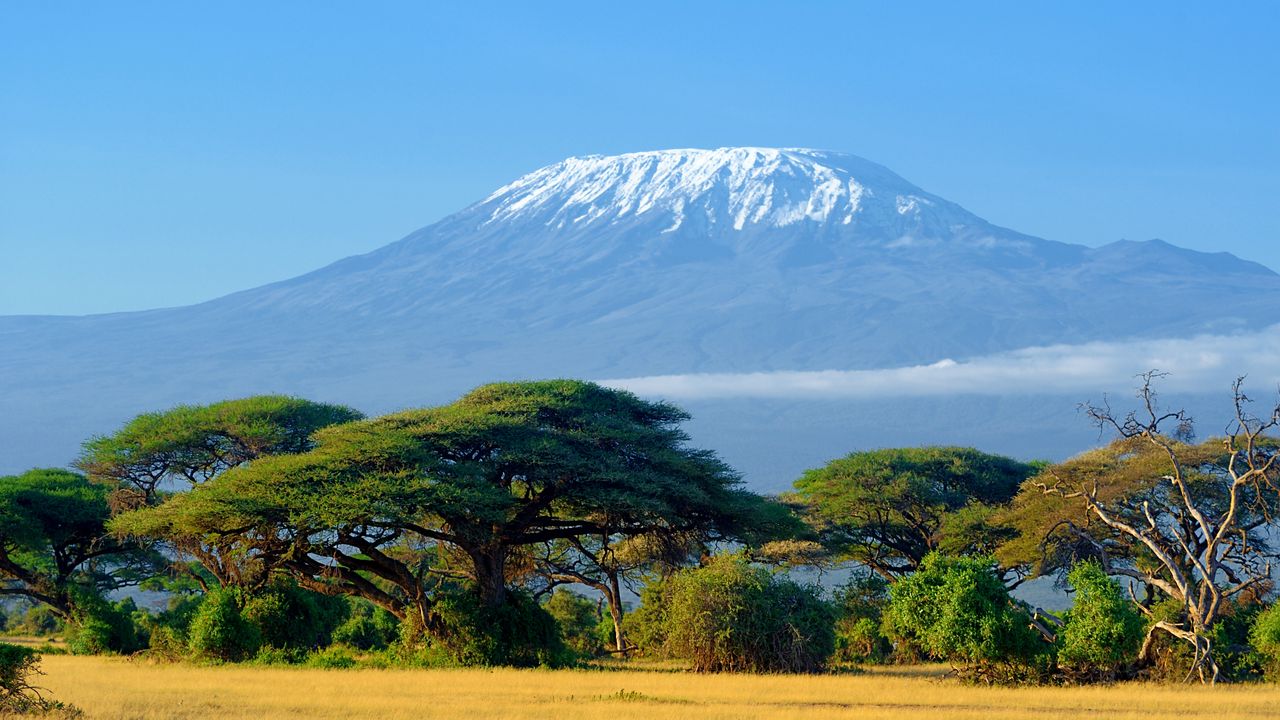Cultural Experiences in Africa: Exploring Festivals, Museums, and Dance
Africa is a continent rich in cultural diversity, with each country offering a unique tapestry of traditions, customs, and artistic expressions. From vibrant festivals to insightful museums and captivating dance performances, Africa provides a plethora of cultural experiences that are sure to leave a lasting impression. In this article, we will delve into the world of African cultural festivals, museums, and dance, highlighting some of the most captivating experiences across the continent.
Cultural Festivals
African cultural festivals are a celebration of heritage, history, and community. These events bring people together to honor their traditions and showcase the richness of their cultural identities. One such festival is the Timkat Festival in Ethiopia, which commemorates the baptism of Jesus Christ. The festival features colorful processions, religious ceremonies, and traditional music and dance performances.
In Nigeria, the Osun-Osogbo Festival is a vibrant celebration of the river goddess Osun. This two-week-long event includes a grand procession, prayers, and offerings to the goddess, as well as performances by local musicians and dancers.
Another notable festival is the Festival au Désert in Mali, which attracts visitors from around the world. This music festival showcases traditional Tuareg music, dance, and storytelling, providing a unique opportunity to immerse oneself in the nomadic culture of the Sahara.
Cultural Museums
Cultural museums in Africa serve as gateways to the past, preserving and showcasing the diverse histories and artistic achievements of the continent. The Egyptian Museum in Cairo is a treasure trove of ancient artifacts, including the iconic Tutankhamun’s burial mask and countless other relics from the time of the pharaohs.
In South Africa, the Apartheid Museum in Johannesburg offers a poignant and immersive experience, chronicling the country’s struggle against racial segregation and the journey towards democracy. Through interactive exhibits and multimedia displays, visitors gain a deep understanding of the challenges faced by the nation.
The National Museum of Mali in Bamako is renowned for its extensive collection of West African art and artifacts. From ancient terracotta sculptures to intricate textiles and masks, the museum provides a comprehensive overview of the region’s rich cultural heritage.
Cultural Dance
Cultural dance is an integral part of African traditions, serving as a means of storytelling, celebration, and spiritual connection. The Sufi Whirling Dervishes of Egypt mesmerize audiences with their graceful spinning movements, a form of dance that symbolizes spiritual enlightenment.
In Senegal, the energetic and acrobatic Sabar dance is a prominent part of the Wolof culture. Accompanied by the vibrant beats of traditional drums, dancers showcase their agility and rhythm, creating an electrifying atmosphere.
The Maasai tribe of Kenya and Tanzania are known for their distinctive jumping dance, performed by warriors during special ceremonies. This dance, called Adumu or “the jumping dance,” showcases the strength and vitality of the Maasai people.
From the rhythmic movements of the Zulu dance in South Africa to the captivating performances of the Eyo masquerade in Nigeria, African cultural dance forms are diverse and captivating, reflecting the vibrancy and spirit of the continent.
Conclusion
Africa’s cultural experiences are as diverse as the continent itself. From the colorful festivals that bring communities together to the enlightening museums that preserve history, and the captivating dance performances that showcase tradition and artistry, Africa offers a wealth of cultural experiences waiting to be explored. Whether you are seeking a deeper understanding of the continent’s heritage or simply looking to immerse yourself in its vibrant traditions, Africa’s cultural offerings are sure to leave a lasting impression.
